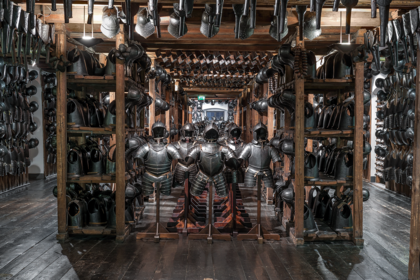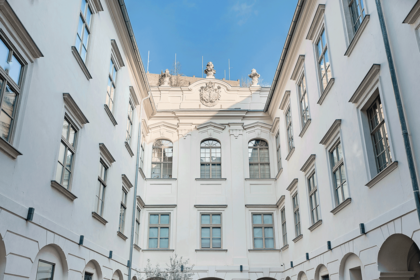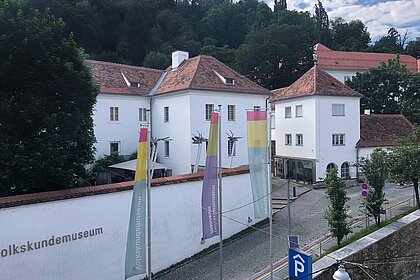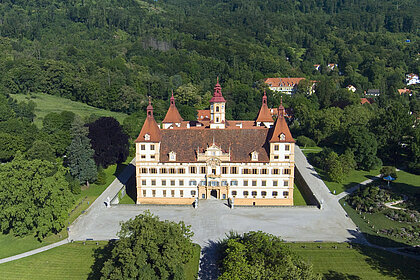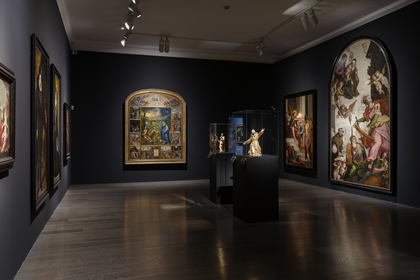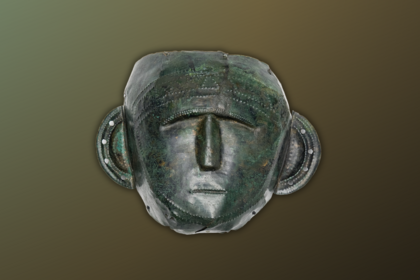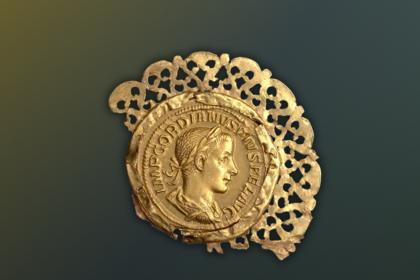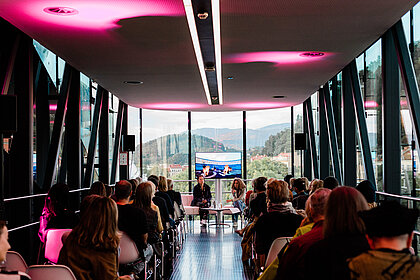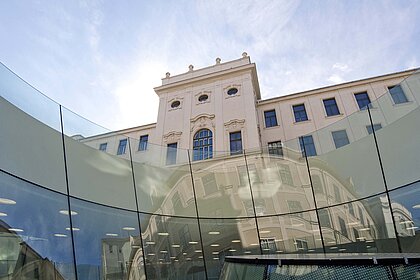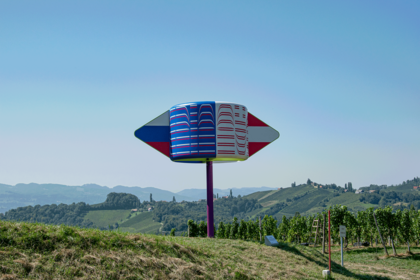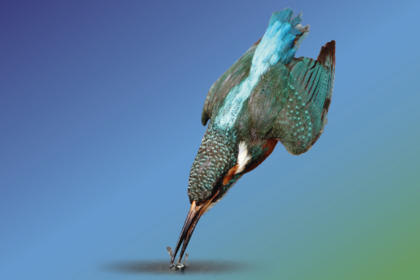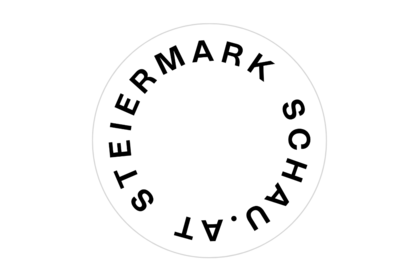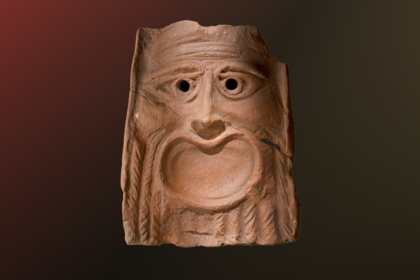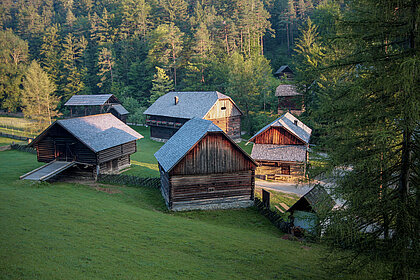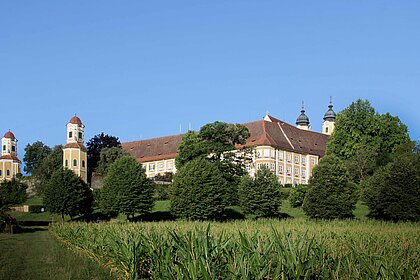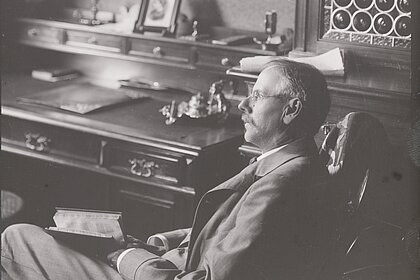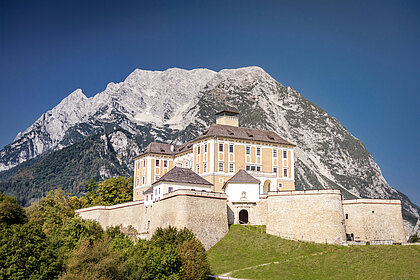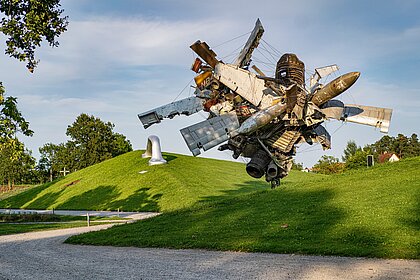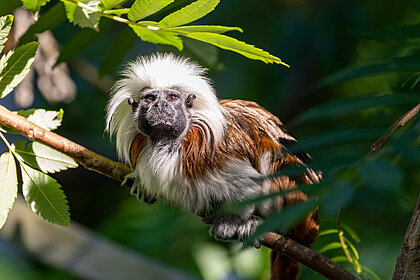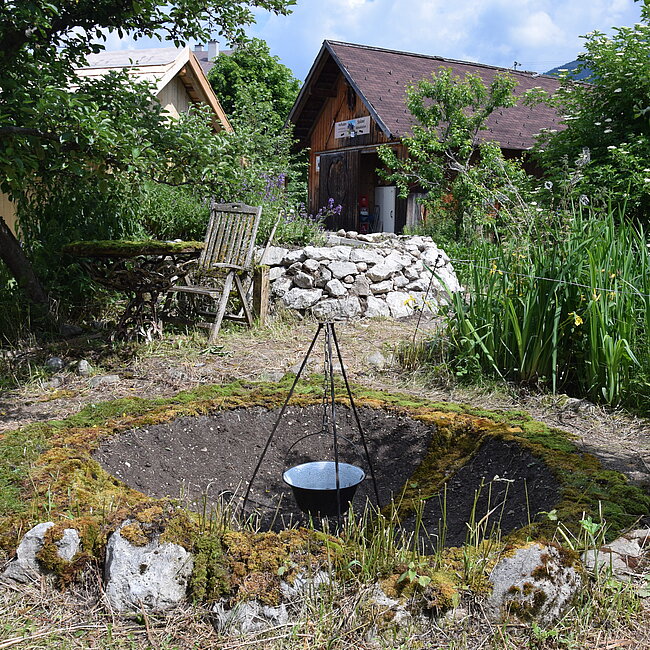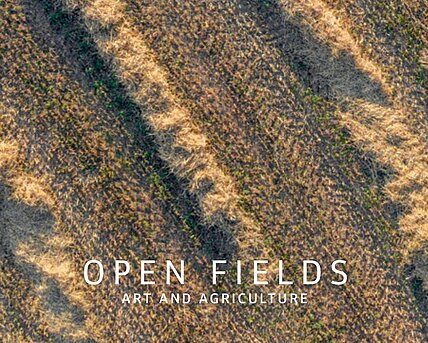Reflections on the sensitive and multifaceted interaction between humans and nature have existed since prehistory in the form of art and everyday as well as ritual actions. Today, this theme shapes discourses in the natural sciences and the humanities, especially since we are increasingly reaching the edge of our planet's capacities through the exploitation of natural resources with the help of turbo-capitalist economic growth. The unrestrained acceleration of industry and economy since the industrial revolution — higher, further, faster — ignores the complex relationship between nature and humans, and our dependence on a limited habitat. Only the global catastrophe of climate change makes the vulnerability of taking and giving evident and raises the question of the necessities for our existence.
Agriculture, which has fulfilled and regulated our basic needs since the Neolithic era, and art, which reflects society and confronts it with new possibilities, become tense fields of reference in these reflections. The project OPEN FIELDS – Art and Agriculture focuses on these basic human needs for physical and spiritual nourishment. At the same time, it deals with historical, political and social contexts, new impulses and current approaches. Through the meeting of two apparent opposites, space is given to create something new.
Farmers who are interested in contemporary art were invited to open their farms to international artists from various disciplines such as music, literature, performance, film, digital media, visual arts, etc. These artists spent up to one month on selected farms to develop temporary artworks. This was intended to give space and time for a serious and critical examination of the topics of art and agriculture in mutual respect. The farmers were carefully selected together with the scientific advisor Klaus Schrefler, the artists by an international jury consisting of: Ramesch Daha, Robert Höldrich, Katrina Petter, Andreas Unterweger, and Elisabeth Fiedler as chairwoman.
Participating artists and artist collectives: Astarti Athanasiadou & Stéphane Verlet Bottéro, Samuel Collins & Shō Alexander Murayama, Markus Hiesleitner, Katharina Klement, Sujit Mallik, Benjamin Reynolds, Jonathan Omer Mizrahi , Rainer Nöbauer-Kammerer, Georg Nussbaumer, Gina van der Ploeg, Eva Seiler, and Paul Wiersbinski.
OPEN FIELDS
Art and Agriculture


Image Credits
Location
Art in Public Space
Curators
Elisabeth Fiedler
Co-curators
Jasmin Haselsteiner-Scharner
Show all
About the
Project
The Institute for Art in Public Space Styria combines the realms of art and agriculture with this project. It included 12 sub-project of various international artists and artist collectives and just as many farms in Styria.
Exhibition at the Neue Galerie Graz
An exhibition in the Neue Galerie Graz will finally present all twelve OPEN FIELDS projects in one place, opening 5th of December, 2024.
All Projects
Opening
Rainer Nöbauer-Kammerer
Agricultural Circle | OFFENE FELDER – Kunst und Landwirtschaft
Art in Public Space
06.09.2024
Art projects
Benjamin Reynolds
Dealer's Way | OPEN FIELDS - Art and Agriculture
Art in Public Space
24.05. - 13.11.2024
Opening

Georg Nussbaumer
SILENCE & MUu. An Opera of Stillness and Darkness with Cows and a Grand Piano | OPEN FIELDS - Art and Agriculture
Opening of the project SILENCE & MUu. An Opera of Stillness and Darkness with Cows and a Grand Piano by Georg Nussbaumer in Admont, in the context of OPEN FIELDS - Art and Agriculture.
14.10.2023
Event
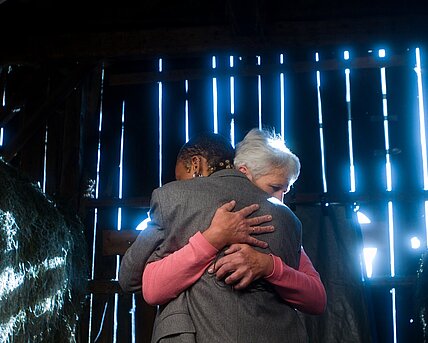
Jonathan Omer Mizrahi
Black Milk | OPEN FIELDS - Art and Agriculture
Opening of the project Black Milk by Jonathan Omer Mizrahi in Oberwölz, in the context of OPEN FIELDS - Art and Agriculture.
30.09.2023
Opening

Astarti Athanasiadou & Stéphane Verlet Bottéro
Farm/Dance, Feeling/Doing, Focus/Derail (agriculture as embodiment) | OPEN FIELDS - Art and Agriculture
Opening and dance performance by Astarti Athanasiadou & Stéphane Verlet Bottéro in the context of OPEN FIELDS - Art and Agriculture.
02.09.2023
Opening

Paul Wiersbinski
Un-Knowing | OPEN FIELDS - Art and Agriculture
Opening of the project Nicht-Wissen / Un-Knowing by Paul Wiersbinski in Pöllau, in the context of OPEN FIELDS - Art and Agriculture.
25.06.2023
Opening

Sujit Mallik
Loss of Horizon and Converging Acts | OPEN FIELDS - Art and Agriculture
Opening of the project Loss of Horizon and Converging Acts by Sujit Mallik in Bad Mitterndorf, in the context of OPEN FIELDS - Art and Agriculture.
17.06.2023
Opening

Markus Hiesleitner
The great cycle | OPEN FIELDS - Art and Agriculture
Opening of the project The great cycle by Markus Hiesleitner in Groß St. Florian in the context of OPEN FIELDS - Art and Agriculture.
19.05.2023
Art projects
Katharina Klement
Ecophony – every voice counts. An acoustic soil survey | OPEN FIELDS – Art and Agriculture
Art in Public Space
13.05.2023 - 31.10.2024
Opening

Eva Seiler
Se Kuala se | OPEN FIELDS - Art and Agriculture
Opening of the project Se Kuala se by Eva Seiler in the context of OPEN FIELDS – Art and Agriculture.
28.04.2023
Opening

Shō Alexander Murayama & Samuel Collins, SOIL WALL GARDEN, 2022
SOIL WALL GARDEN | OPEN FIELDS - Art and Agriculture
Opening of the project SOIL WALL GARDEN by STRL_ (Shō Alexander Murayama and Samuel Collins) in the context of OPEN FIELDS – Art and Agriculture.
15.08.2022
Opening
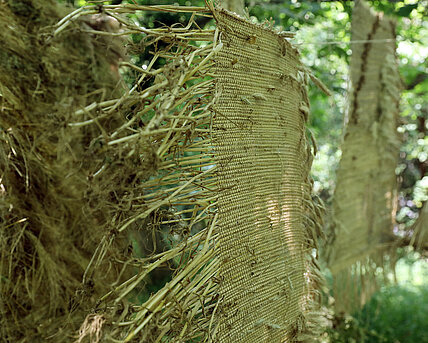
Gina van der Ploeg, Weaving Layers: Knowing where to begin
Weaving Layers: Knowing where to begin | OPEN FIELDS - Art and Agriculture
Opening of the project Weaving Layers: Knowing where to begin by Gina van der Ploeg in Weiz in the context of OPEN FIELDS – Art and Agriculture.
22.07. - 23.07.2022
